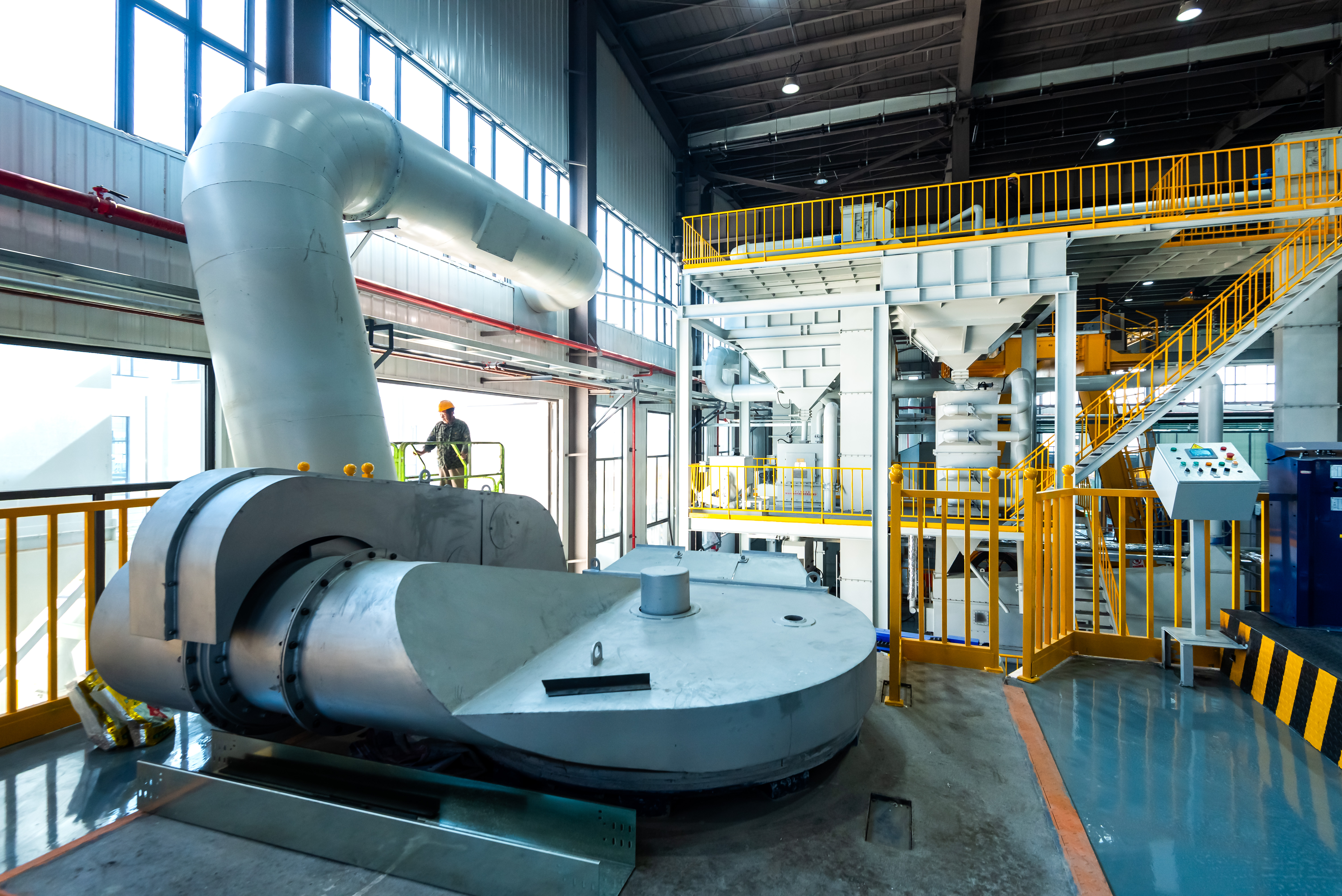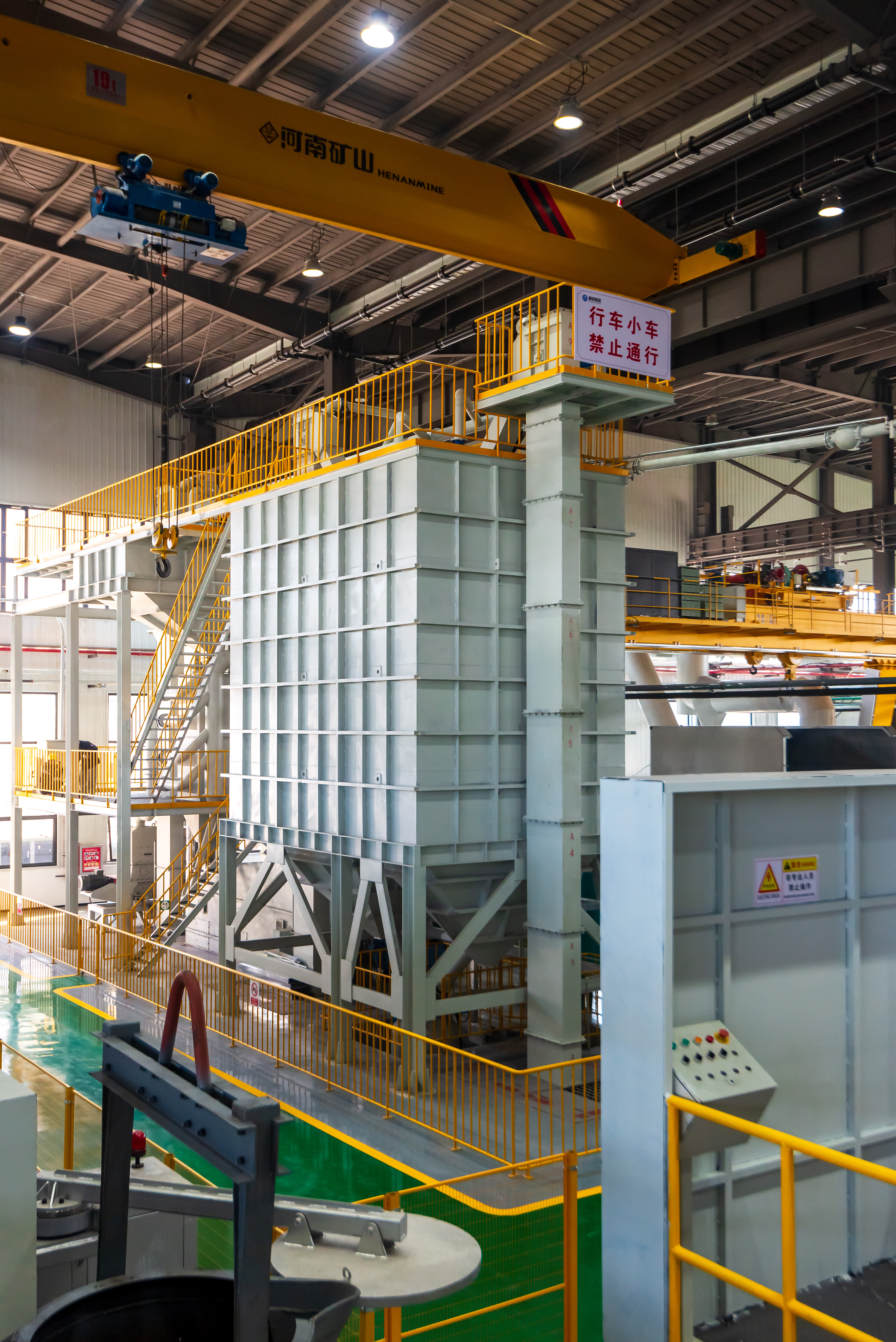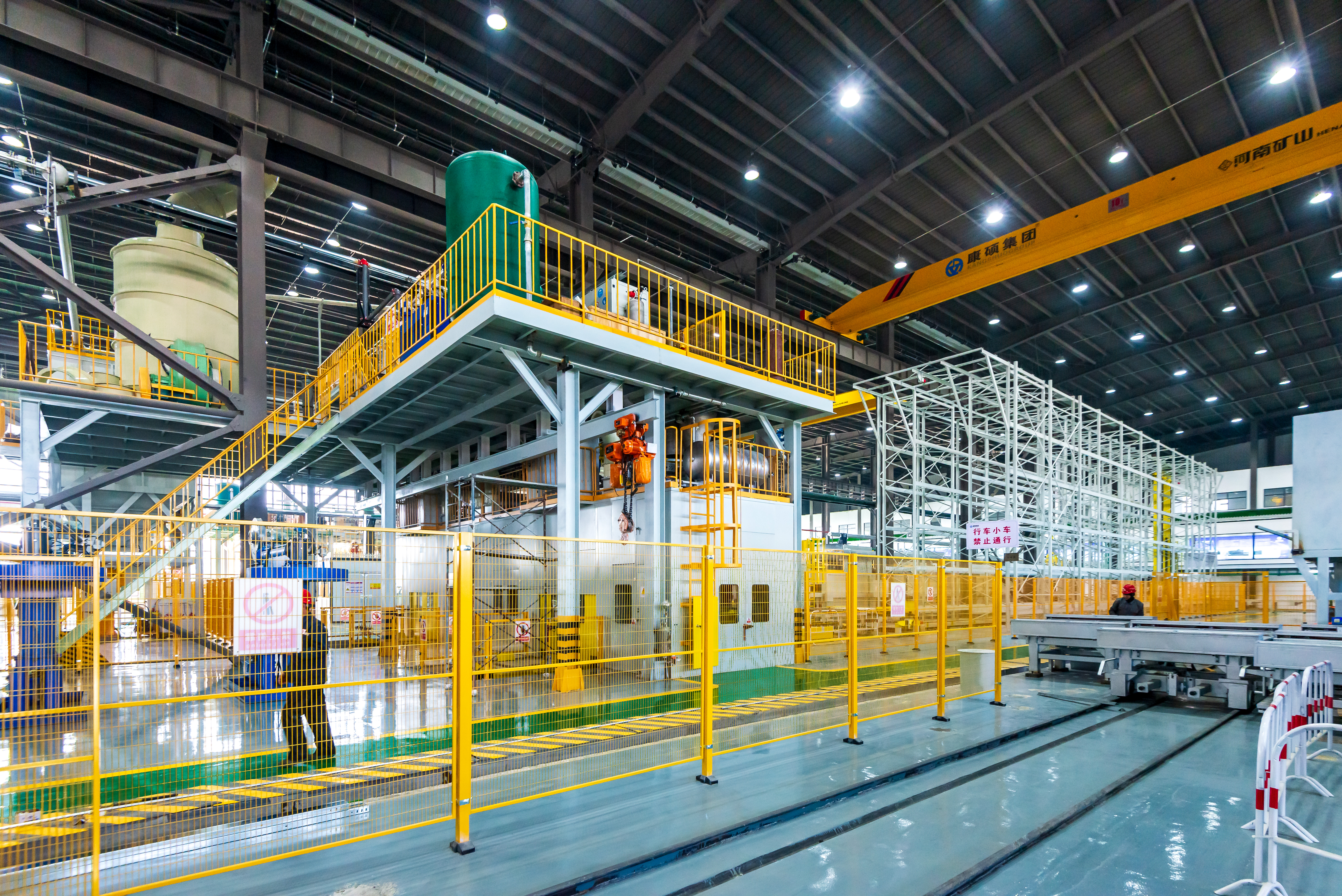custom metal casting
Custom metal casting represents a sophisticated manufacturing process that enables the creation of precise, complex metal components according to specific design requirements. This versatile technique involves pouring molten metal into specially prepared molds, allowing for the production of both simple and intricate parts with exceptional accuracy. The process begins with detailed design specifications, followed by pattern making, mold preparation, and the actual casting procedure. Modern custom metal casting incorporates advanced technologies such as computer-aided design (CAD), simulation software, and precise temperature control systems to ensure optimal results. The technology accommodates various metals and alloys, including aluminum, steel, bronze, and brass, making it suitable for diverse industrial applications. This manufacturing method is particularly valuable in industries such as automotive, aerospace, machinery manufacturing, and architectural components. The process allows for the creation of components ranging from small precision parts to large industrial equipment pieces, with the ability to maintain consistent quality across production runs. Custom metal casting also offers the flexibility to incorporate specific material properties, surface finishes, and dimensional requirements, making it an essential solution for specialized manufacturing needs.


